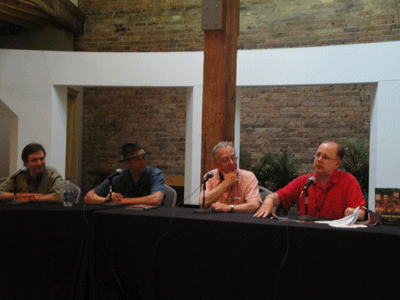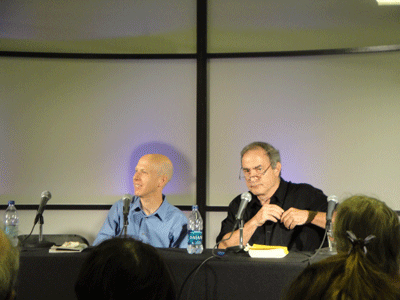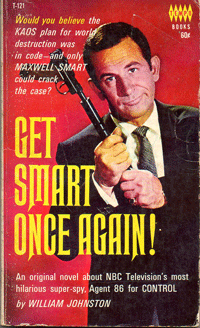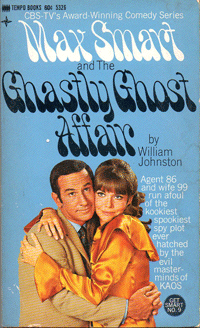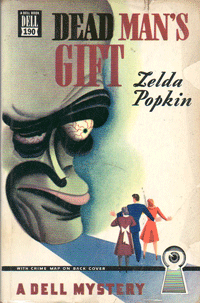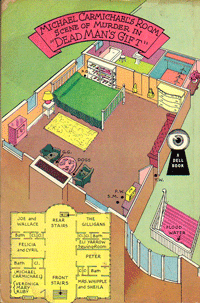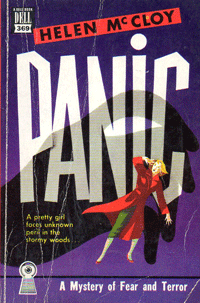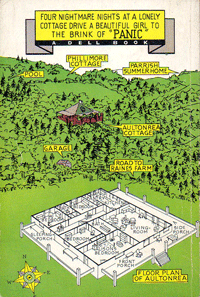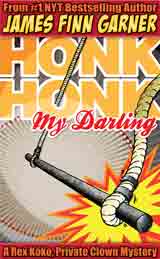 The literary event of 2011 is here! You’ve been waiting patiently, wondering whether VS Naipaul and Paul Theroux have really buried the hatchet, whether we’ll ever have villains as long lasting and nattily dressed as the Nazis, and why there’s no Nobel Prize for Country Music so Lyle Lovett can win the first. You’ve been waiting for the latest trend, after chick lit, dick lit, mick lit, heimlich lit, flea-and-tick lit, and New Brunswick lit.
The literary event of 2011 is here! You’ve been waiting patiently, wondering whether VS Naipaul and Paul Theroux have really buried the hatchet, whether we’ll ever have villains as long lasting and nattily dressed as the Nazis, and why there’s no Nobel Prize for Country Music so Lyle Lovett can win the first. You’ve been waiting for the latest trend, after chick lit, dick lit, mick lit, heimlich lit, flea-and-tick lit, and New Brunswick lit.
Well, that new trend is now launched: Schtick lit.
Or more specifically, Clown Noir.
Honk Honk, My Darling: A Rex Koko, Private Clown Mystery is now available as an e-book for all platforms, laptops, tablets, smart phones, and metal head plates. You can buy it from Amazon, and for any others, you can check it out conveniently at Smashwords.com. (You can also go straight to B&N, iTunes, the Sony Store, and others.)
The action is captured brilliantly in this synopsis from Amazon (written by me, of course):
In Top Town, a ghetto full of washed-up circus lifers in the shadow of a big city, Rex Koko is a pariah. Yet this clown’s brand of chaos helps him solve the most heinous crimes, as he tries to earn personal redemption. In “Honk Honk, My Darling”, Rex is hired by an aging, arrogant trapeze star to bring back his wayward wife. Every time Rex comes close to finding her, however, other aerialists come to gruesome and spectacular ends. Is Addie Carlozo a “black widow”? Is Rex really cursed with bad luck? Why is he being followed by those red-headed roustabout bastards, the Redd Brothers? And will “circus justice” intervene before the police do? Revenge, corruption and murder headline the bill in Top Town, where life comes 3 balls for a nickel. Babes, bullets, banana peels! As the poet said, “Damn everything, but the circus!”
Who could resist such adventure! What red-blooded reader could turn away from such a spectacle!
But wait, there’s more!
I’ll also be recording podcasts for every chapter in the book, and release them bi-weekly throughout the end of the year. Complete with music, sound effects, and fake advertisers, the podcast will feature me doing more than 20 magnificent characters, including midget detective Pinky Piscopink, cooch show owner Lotta Mudflaps, Mayor Eugene X. Brody, and of course, the Redd Brothers. These can be found on the Rex Koko website, as well as at Liberated Syndication. Here’s Episode 1 to get you hooked, brought to you by the fine folks at the Suddsy Corporation:
All this and more is contained at the new Rex Koko website, http://rexkoko.com. That will be the place for news and updates, merchandise, and everything else. You can even follow Rex on Twitter, if you’re the wired type of person who needs updates from fictional characters (I should talk–I follow The Real Deadpool, DrunkHulk and Jane Wheel). Look for RexKoko4Hire in the twitterlands.
For all the tree-haters out there, I hope to have paperback copies available by the end of the summer.
Thanks to all my readers for their support through the years. I hope they enjoy reading about Rex Koko as much as I’ve enjoyed writing about him through the years.
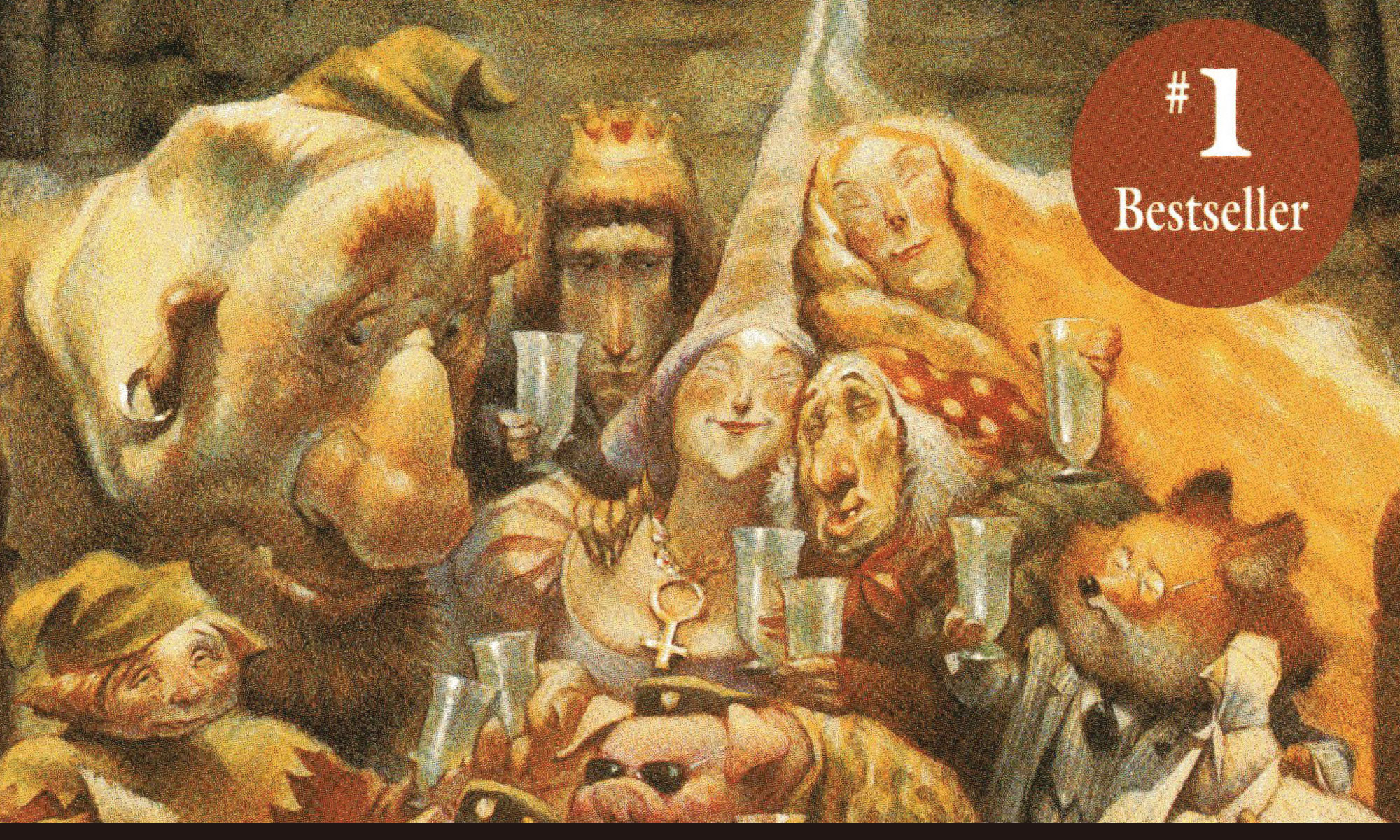

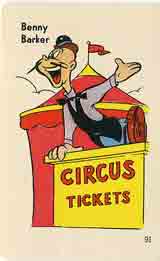 Man, there are so many little details about getting a book finished and out, it’s no wonder my former publisher seemed incompetent.
Man, there are so many little details about getting a book finished and out, it’s no wonder my former publisher seemed incompetent.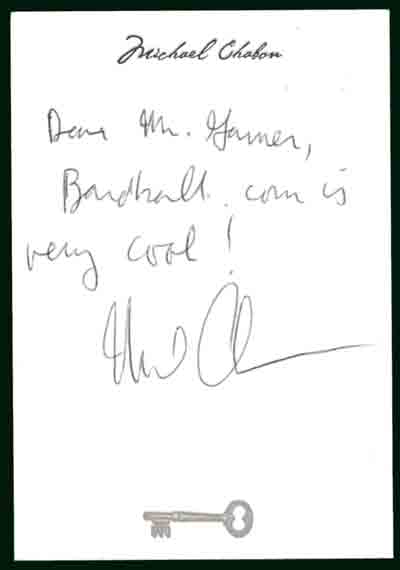
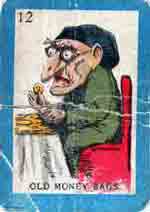 So, this whole self-publishing thing has its ups and downs. For each big plus, there’s usually a negative (especially for someone with 20/20 hindsight like me).
So, this whole self-publishing thing has its ups and downs. For each big plus, there’s usually a negative (especially for someone with 20/20 hindsight like me). 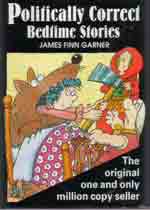 One such decision involves publishing Politically Correct Bedtime Stories in the UK. While it’s been out of print in America since, maybe, 1998, it’s been in print in Britain for more than 15 years. The reason is that my publisher there, Ernest Hecht of Souvenir Press, is a one-man dynamo, raconteur, and all-around savvy character. His firm’s publishing list is interesting and varied, and he keeps my sales up with subtle but steady promotion and mentions in the press. He’s what every publisher should be. He says his only obligation to his writers is to stay in business. I like that directness. It’s worked so far.
One such decision involves publishing Politically Correct Bedtime Stories in the UK. While it’s been out of print in America since, maybe, 1998, it’s been in print in Britain for more than 15 years. The reason is that my publisher there, Ernest Hecht of Souvenir Press, is a one-man dynamo, raconteur, and all-around savvy character. His firm’s publishing list is interesting and varied, and he keeps my sales up with subtle but steady promotion and mentions in the press. He’s what every publisher should be. He says his only obligation to his writers is to stay in business. I like that directness. It’s worked so far.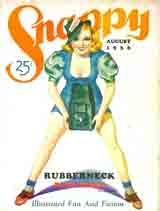 So it’s 14 months into the new decade, so I thought it was high time to do a little sprucing up with the website. I can’t speak for everyone, but I was getting tired of seeing the three-year-old book Recut Madness trumpeted as the “New Book” at various parts of the site. There isn’t much new copy, but the container is New And Improved! and it should let me update stuff a little more quickly than the old battleship.
So it’s 14 months into the new decade, so I thought it was high time to do a little sprucing up with the website. I can’t speak for everyone, but I was getting tired of seeing the three-year-old book Recut Madness trumpeted as the “New Book” at various parts of the site. There isn’t much new copy, but the container is New And Improved! and it should let me update stuff a little more quickly than the old battleship.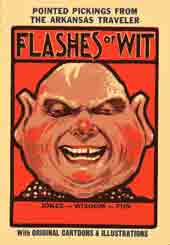 Am I the only one who hates The New Yorker caption contest?
Am I the only one who hates The New Yorker caption contest?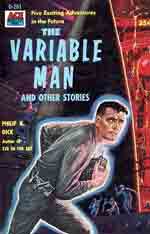 Freezing mornings. Long stretches of silence. Ice-covered streets. This is a time of year I love. It’s also the time of year I go a little stir-crazy in my basement and start to think that I’ve got to get some kind of job.
Freezing mornings. Long stretches of silence. Ice-covered streets. This is a time of year I love. It’s also the time of year I go a little stir-crazy in my basement and start to think that I’ve got to get some kind of job. 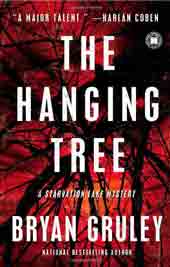 Earlier this fall, Bryan Gruley released the second book in his mystery series about a journalist in a small northern Michigan town. I liked the first title,
Earlier this fall, Bryan Gruley released the second book in his mystery series about a journalist in a small northern Michigan town. I liked the first title, 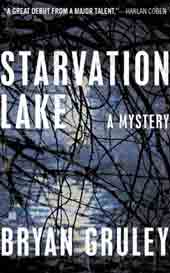 A couple months ago, I joked with Bryan about organizing excursions to Starvation Lake, Michigan, to show all the sites to the book’s fans. (Jon Berendt made this a sort of cottage industry with Savannah after writing Midnight in the Garden of Good and Evil.) Bryan scoffed at the idea, and made a self-deprecating comment about needing a few more readers.
A couple months ago, I joked with Bryan about organizing excursions to Starvation Lake, Michigan, to show all the sites to the book’s fans. (Jon Berendt made this a sort of cottage industry with Savannah after writing Midnight in the Garden of Good and Evil.) Bryan scoffed at the idea, and made a self-deprecating comment about needing a few more readers. Everyone in the car but me was getting worried that we’d be sending Christmas Eve either stuck in the frost-bitten Michigan outback or in a hospital from an accident. I’ve been on slippier roads, but not recently and not sober. I turned east on what looked like a major road–by that I mean it was wide and had tracks on it and everything–and followed that winding path until we dead-ended at a small oil pump bobbing it’s head arthritically amid the snow and dried cattails.
Everyone in the car but me was getting worried that we’d be sending Christmas Eve either stuck in the frost-bitten Michigan outback or in a hospital from an accident. I’ve been on slippier roads, but not recently and not sober. I turned east on what looked like a major road–by that I mean it was wide and had tracks on it and everything–and followed that winding path until we dead-ended at a small oil pump bobbing it’s head arthritically amid the snow and dried cattails. I knew there was no real town called Starvation Lake. Bryan has said he modeled the town after another nearby city. Just guessing on the map, I thought he meant nearby Twin Lake. Which is good. Starvation Lake has exactly two commercial buildings. Both taverns. Twin Lake has two taverns AND a provisions store.
I knew there was no real town called Starvation Lake. Bryan has said he modeled the town after another nearby city. Just guessing on the map, I thought he meant nearby Twin Lake. Which is good. Starvation Lake has exactly two commercial buildings. Both taverns. Twin Lake has two taverns AND a provisions store. 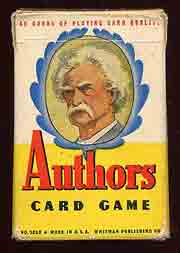 Just got off the phone with a journalist from Le Temps, which is a big daily newspaper in Switzerland. She wanted my opinion on the bowdlerization of The Adventures of Huckleberry Finn, which has dominated the news cycle during this slow week. I’m Mr. Politically Correct, after all, so I was flattered to be remembered and asked my opinion. At least her call forced me to think a little about the plan and my reactions to it.
Just got off the phone with a journalist from Le Temps, which is a big daily newspaper in Switzerland. She wanted my opinion on the bowdlerization of The Adventures of Huckleberry Finn, which has dominated the news cycle during this slow week. I’m Mr. Politically Correct, after all, so I was flattered to be remembered and asked my opinion. At least her call forced me to think a little about the plan and my reactions to it.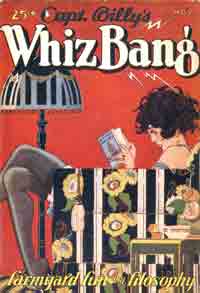 Some readers out there might know that every Christmas for the past 20 years or so, I have attempted to write some kind of Yule-themed story for my wife. The first story I ever had published, entitled “Jerry’s Last Fare” in the late Chicago Tribune Magazine, was also the first I ever wrote as a gift to my wife. For better or worse, I took it as an omen.
Some readers out there might know that every Christmas for the past 20 years or so, I have attempted to write some kind of Yule-themed story for my wife. The first story I ever had published, entitled “Jerry’s Last Fare” in the late Chicago Tribune Magazine, was also the first I ever wrote as a gift to my wife. For better or worse, I took it as an omen.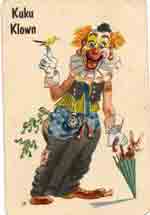 For those fans out there who’ve heard me mention that Rex Koko’s new adventure, Honk Honk, My Darling, would be available soon, I apologize. The chapters that I included in the Kindle editions of my other books might just be have to remain excruciating teasers for the time being.
For those fans out there who’ve heard me mention that Rex Koko’s new adventure, Honk Honk, My Darling, would be available soon, I apologize. The chapters that I included in the Kindle editions of my other books might just be have to remain excruciating teasers for the time being.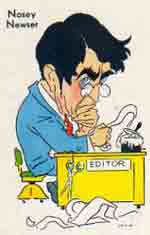 It took me a while to get my e-books up on the system at Amazon, and then at Smashwords. It wasn’t that it was so all-fired complicated to do, although it took a few uploads before the layout and everything was to my satisfaction. It was easy enough to format for Kindle: All I had to do was convert it to an HTML document, and then follow their detailed instructions. Smashwords, which converts the books to the formats for Sony, Nook, iPad, and smart phones, as well as for their own sale, took a little more finessing with Word, but it was easy once I got the hang of it.
It took me a while to get my e-books up on the system at Amazon, and then at Smashwords. It wasn’t that it was so all-fired complicated to do, although it took a few uploads before the layout and everything was to my satisfaction. It was easy enough to format for Kindle: All I had to do was convert it to an HTML document, and then follow their detailed instructions. Smashwords, which converts the books to the formats for Sony, Nook, iPad, and smart phones, as well as for their own sale, took a little more finessing with Word, but it was easy once I got the hang of it.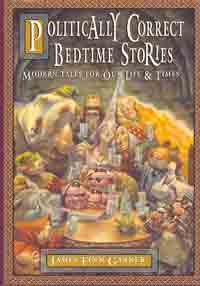 The time has come to announce that my first three bestselling books — long out of print in America — are now alive again. I have done it. I have brought the dead back to life, with the help of the newest technology.
The time has come to announce that my first three bestselling books — long out of print in America — are now alive again. I have done it. I have brought the dead back to life, with the help of the newest technology. 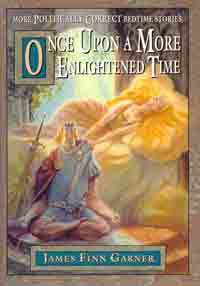 And to sweeten the pot, especially for those fans who already have the hardback editions, each volume contains extra material, most of it never before seen.
And to sweeten the pot, especially for those fans who already have the hardback editions, each volume contains extra material, most of it never before seen.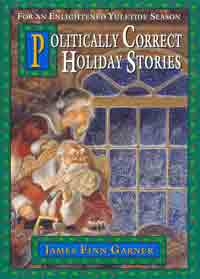 Each book also contains a free chapter of the upcoming Rex Koko debut novel, Honk Honk, My Darling. Yes, fans of clown noir and pantaloon pulp, Rex Koko’s first adventure will soon be available in e-book versions. Later, I’ll also have a paperback version and an audio podcast of Honk Honk available. The only thing holding it up is that I’m waiting for the cover art. A complete Rex Koko webpage is being forged as you read this. Yes, it’s Christmas in December. Well, Christmas in EARLY December. Yahoo!
Each book also contains a free chapter of the upcoming Rex Koko debut novel, Honk Honk, My Darling. Yes, fans of clown noir and pantaloon pulp, Rex Koko’s first adventure will soon be available in e-book versions. Later, I’ll also have a paperback version and an audio podcast of Honk Honk available. The only thing holding it up is that I’m waiting for the cover art. A complete Rex Koko webpage is being forged as you read this. Yes, it’s Christmas in December. Well, Christmas in EARLY December. Yahoo!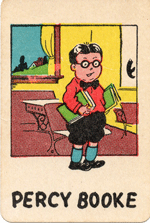 This year’s Lit Fest down in Chicago’s Printers Row was a little smaller than last year, as far as the number of exhibitors goes. The booths going up Dearborn Street did not stretch past Harrison Street, as they have in years past. And some of the booth space that did exist was taken up by an Acura dealer, a furniture maker, and a huge traveling exhibit that the Tribune trots out from the McCormick Freedom Foundation. I think the recession made it hard for bookstores to come a long way to exhibit there.
This year’s Lit Fest down in Chicago’s Printers Row was a little smaller than last year, as far as the number of exhibitors goes. The booths going up Dearborn Street did not stretch past Harrison Street, as they have in years past. And some of the booth space that did exist was taken up by an Acura dealer, a furniture maker, and a huge traveling exhibit that the Tribune trots out from the McCormick Freedom Foundation. I think the recession made it hard for bookstores to come a long way to exhibit there.